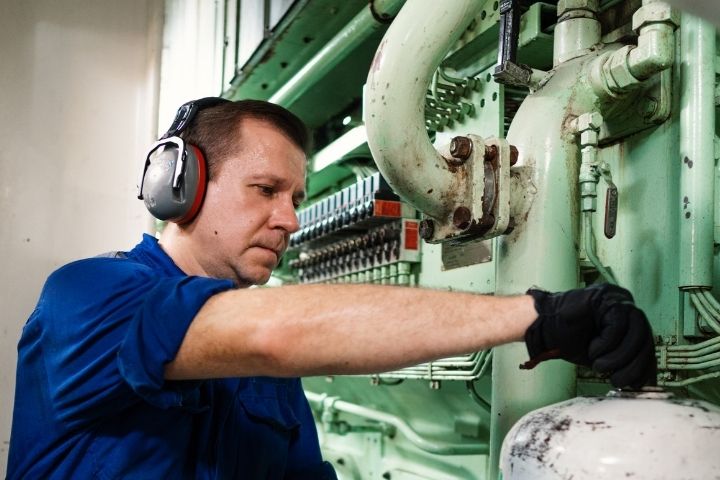Maritime

1 Day On Site Course
£214.00 excl. VAT

2 days
£250.00 excl. VAT

1 day
£180.00 excl. VAT

5 Days
£594.00 excl. VAT

3 Days
£412.00 excl. VAT















